You have probably seen it too that eCommerce business market is still increasing, and everyone is either starting an e-commerce store or scaling an existing one. From TikTok shops to global brands, online selling is no longer an option, it is a must to do. But here is the deal, growth depends just as much on where we are build the store as what we are going to sell.
That is where the Shopify Advanced vs Plus debate starts. Both plans of shopify are powerful, but they are built for very different kinds of businesses. Whether you are running a fast growing startup or managing multiple international brands, choosing the right Shopify plan is very important to unlock your next level or hold you back.
In a Hurry to Know: 5 Key Differences Between Shopify Advanced and Plus?
- Compare Costs: Advanced costs $499/month, while Plus starts at $2,300/month.
- Assess Customization: Advanced offers limited options and Plus provides full HTML/CSS access.
- Check Store Support: Advanced supports one store and Plus allows multiple stores.
- Evaluate Checkout: Advanced uses standard checkout while Plus offers customizable checkout.
- Review Support: Advanced has 24/7 support. Plus includes a dedicated account manager.
Read on to choose the best Shopify plan for your eCommerce success in 2025!
What makes an ecommerce platform the best?
Before we discuss Shopify Advanced vs Plus let’s take a moment to understand what makes an excellent ecommerce platform. Here are a few elements that count:
The Total Cost of Ownership (TCO)
Understanding the TCO of an eCommerce platform helps determine which one fits your needs and budget.
A leading independent consulting firm researched five platforms: Shopify, Salesforce Commerce Cloud, Adobe Commerce (Magento), WooCommerce, and BigCommerce.
We’ll break down their TCO to show how each platform impacts your bottom line.
The Speed of an eCommerce Platform
Site and server speeds are crucial. Time to First Byte (TTFB) measures how quickly a server responds to a browser request, while First Contentful Paint (FCP) measures how fast the first content appears to visitors. Faster speeds improve user experience and conversion rates.
The Conversion Rate of an eCommerce Platform
An efficient checkout process can significantly boost conversion rates. Shopify’s Shop Pay can lift conversions by up to 40% compared to guest checkouts. Features like Shop Pay Installments and Shop Cash enhance the checkout experience, integrating innovative financial services and loyalty programs.
What Goes into Calculating the Cost of an eCommerce Platform?
Calculating the TCO involves more than just the initial setup costs. It includes:
- Implementation and Setup Costs: Customize and integrate third-party applications and plugins.
- Platform Fees and Ecommerce Stack Costs: Subscription fees, transaction fees, and costs of third-party applications.
- Operational and Support Costs: Hosting, security, maintenance, and support services.
- Gained or Lost Conversion: Potential revenue changes based on the platform’s conversion rate.
Shopify Plus: The Premium Plan
Shopify Plus is the highest tier of Shopify’s offering, designed for the functional needs and scale of larger retailers. Success stories include Gymshark, Kylie Cosmetics, AllBirds, Colour Pop, Fashion Nova, and many others.
It has a base license fee of $2,000 per month, which moves to a GMV percentage (0.25%) when you exceed $800,000 gross turnover in any given month.
This remains competitive against most other mid-market and enterprise-level platforms when considering licensing or broader TCO comparisons.
Features
- Customization: Complete control over store appearance and functionality.
- Cost Effectiveness: Ten stores for the price of one, ideal for expanding brands.
- B2B Features: Manage prices and discounts for B2B customers, automate tasks with Shopify Scripts and Launchpad, and integrate with Google Tag Manager.
- Multiple Payment Gateways: Accept payments in multiple currencies.
- Improved API and Store Migration: Faster API calls and easy migration from other platforms.
- Extensive Support: Access to Shopify experts, resources, and Merchant Success Programs.
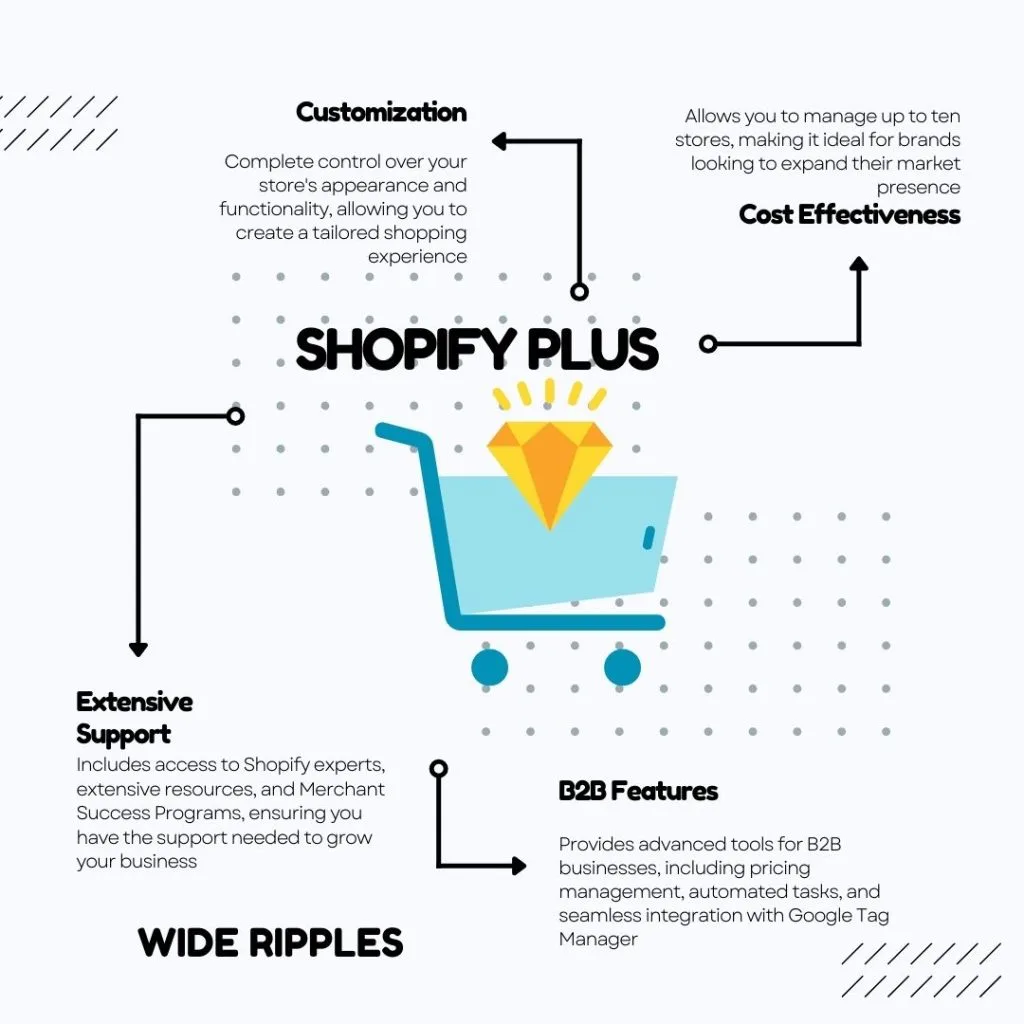
Shopify Advanced: A Feature-Rich Option
Shopify Advanced is a feature-rich version of Shopify’s powerful SaaS-based platform but with less functionality and benefits compared to Shopify Plus.
It costs a flat $299 per month, with Shopify Payments rates being the same as Plus but with Advanced charges 0.6% for non-Shopify Payments; Plus charges 0.15%.
You’re also limited to one store, meaning a retailer with two stores would be paying $598 per month for two Shopify Advanced accounts.
Features
- Rapid Growth with API Integration: Shopify Advanced simplifies online store growth with easy API integration, connecting payment and courier services to create unique functionalities. For extensive custom solutions, Shopify Plus is recommended.
- Multiple Sales Channels: Shopify Advanced supports various sales channels, including Facebook, Instagram, YouTube, Pinterest, and Shopify POS, and syncs with Google Ads and Google Merchant Center. The wholesale extension is exclusive to Shopify Plus.
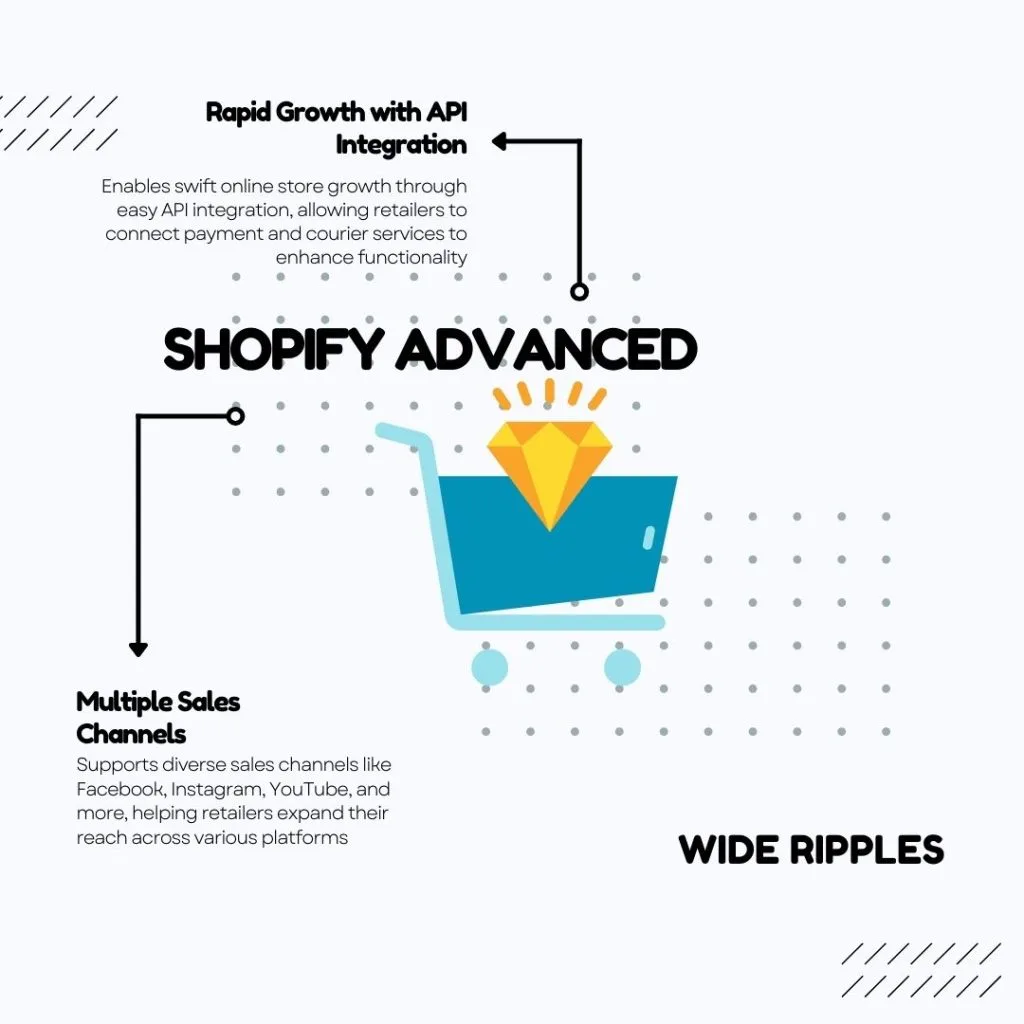
Shopify Advanced vs Plus Differences
| Feature | Shopify Advanced | Shopify Plus |
|---|---|---|
| Clone Stores | Does not allow multiple stores under one license | Allows multiple stores under one license |
| Advanced Design | Limited customization options | Offers full HTML and CSS access for greater customization |
| Advanced Themes | Offers a range of themes not tailored for larger businesses | Provides exclusive themes for high-volume merchants with advanced features |
| Payment Gateways and Fees | Fewer gateways, charges transaction fees unless using Shopify Payments | Access to over 100 payment gateways with no transaction fees |
| Pricing | $499/month | $2,300/month |
| Support | Support through resources and documentation | Offers a dedicated account manager for personalized assistance |
| Checkout | Uses a standard checkout | Enhanced, customizable checkouts for a unique and streamlined customer experience |
| Languages and Currencies | Does not offer extensive international support | Supports multiple languages and currencies for global markets |
| Marketing Tools | Basic marketing through social channels and Google ads | Includes advanced marketing features like customizable checkout and automated workflows |
| SEO | Strong SEO capabilities with customizable meta tags and URLs | Strong SEO capabilities with customizable meta tags and URLs; more advanced features like custom SEO landing pages |
| Dropshipping | Supports dropshipping but lacks fulfillment automation | Supports dropshipping with the ability to automate fulfillment orders |
| Technical Support | Offers 24/7 support without a dedicated account manager | Offers 24/7 support with a dedicated account manager |
| Integration | Integrates with third-party apps and services | Advanced integration capabilities, including custom integrations for large stores |
| Inventory Management | Advanced inventory management, but fewer features | Advanced inventory management, including multiple locations for large stores |
| Mobile Responsiveness | Mobile-responsive design | Mobile-responsive design with advanced mobile features, like mobile-specific layouts |
Subscription Plans Shopify Offers
The discussion about Shopify Advanced vs Plus cannot be completed without the other pricing plans available.
Shopify is a Canadian eCommerce SaaS app that is growing in popularity.The platform offers five plans with distinct prices and features. These plans are:
Starter
The Starter plan costs $9/month and includes essential features such as an online store, a mobile app, and 24/7 customer support.
This plan suits small businesses and individuals starting with an online store.
Basic Shopify
The Basic Shopify plan costs $39 monthly and includes features such as an online store, a mobile app, 24/7 customer support, and additional features such as gift cards, professional reports, and abandoned cart recovery.
It is for small businesses looking to grow their online presence.
Shopify
The Shopify plan costs $99 per month and includes all the features of the Basic Shopify plan plus additional features such as advanced report building and third-party calculated shipping rates.
This plan suits growing businesses that need more advanced features.
Advanced Shopify
The Advanced Shopify plan costs $299 per month and includes all the features of the Shopify plan plus additional features such as advanced report building and third-party calculated shipping rates.
It’s suitable for large businesses needing even more advanced features.
Shopify Plus
Shopify Plus is an enterprise-level plan with custom pricing based on the business’s needs.
This plan includes all the features of the Advanced Shopify plan plus additional features such as customizable checkout, advanced report building, and third-party calculated shipping rates.
It is suitable for large enterprises and high-volume businesses needing even more advanced features.
Frequently Asked Questions
What’s the cost of Shopify Advanced vs Plus?
Advanced costs $399/month (annual); Plus starts at $2,300/month or 0.25% GMV for custom deals.
What features differ between Shopify Advanced and Plus?
Advanced offers basic B2B and 20 languages; Plus adds multi-store support, customizable checkout, and 50 languages.
How does TCO compare for Advanced vs Plus?
Advanced TCO: $399/month, $100 to 500 apps, $5,000 to 20,000 setup. Plus TCO: $2,300/month, $500 to 2,000 apps, $20,000 to 100,000 setup.
How do conversion rates differ between plans?
Plus’s customizable checkout boosts conversions 10 to 20% over Advanced’s Shop Pay checkout (up to 40% lift).
What’s new for Shopify Advanced and Plus in 2025?
Both plans offer AI tools (e.g., Sidekick) and carbon-neutral checkout; Plus supports 50 languages vs. Advanced’s 20.
Can I upgrade from Advanced to Plus?
Yes, upgrade seamlessly as your business scales, with Shopify’s migration support.
What support do Advanced and Plus offer?
Advanced provides 24/7 priority support; Plus includes a Merchant Success Manager.
How do themes impact Advanced vs Plus stores?
Advanced uses standard themes; Plus offers exclusive themes for high-volume performance.
What are Advanced’s limitations vs Plus?
Advanced lacks multi-store support, advanced B2B automation, and full checkout customization.
What challenges arise when migrating to Plus?
Migration challenges include data transfer, custom integrations, and optimizing advanced features, best handled by experts.
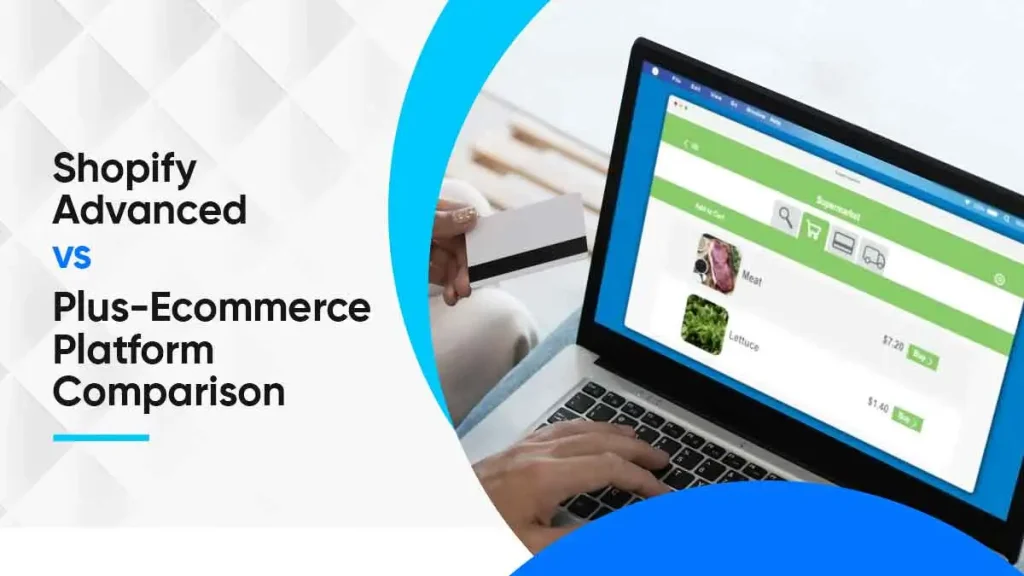


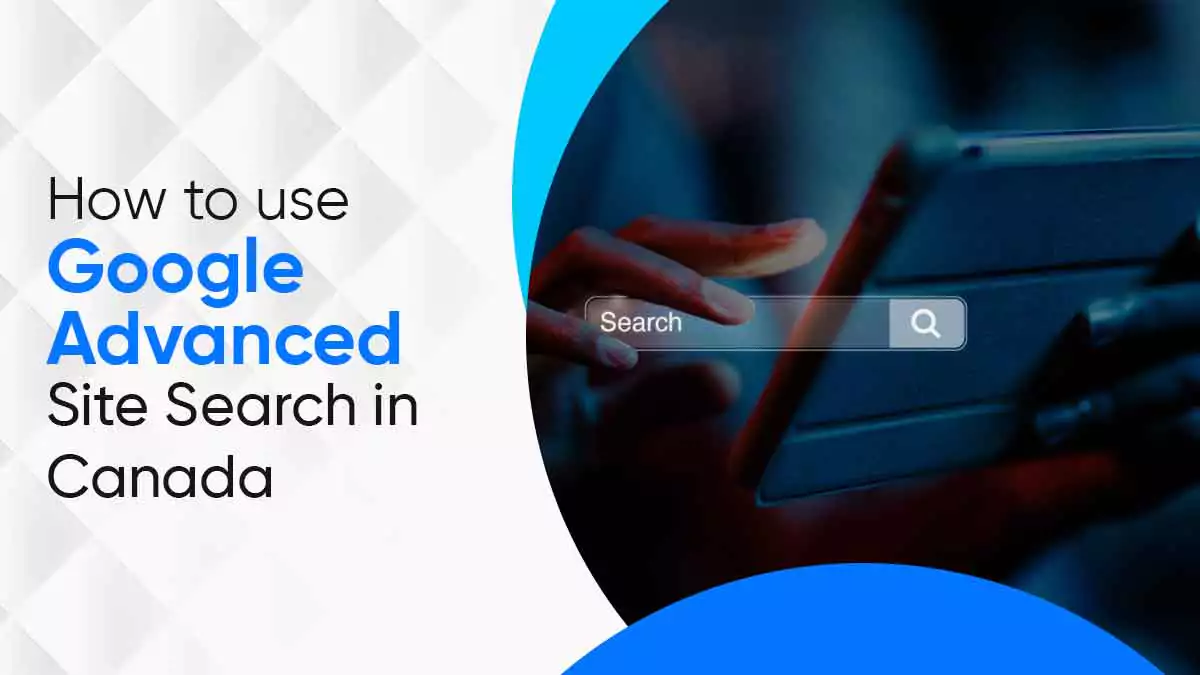
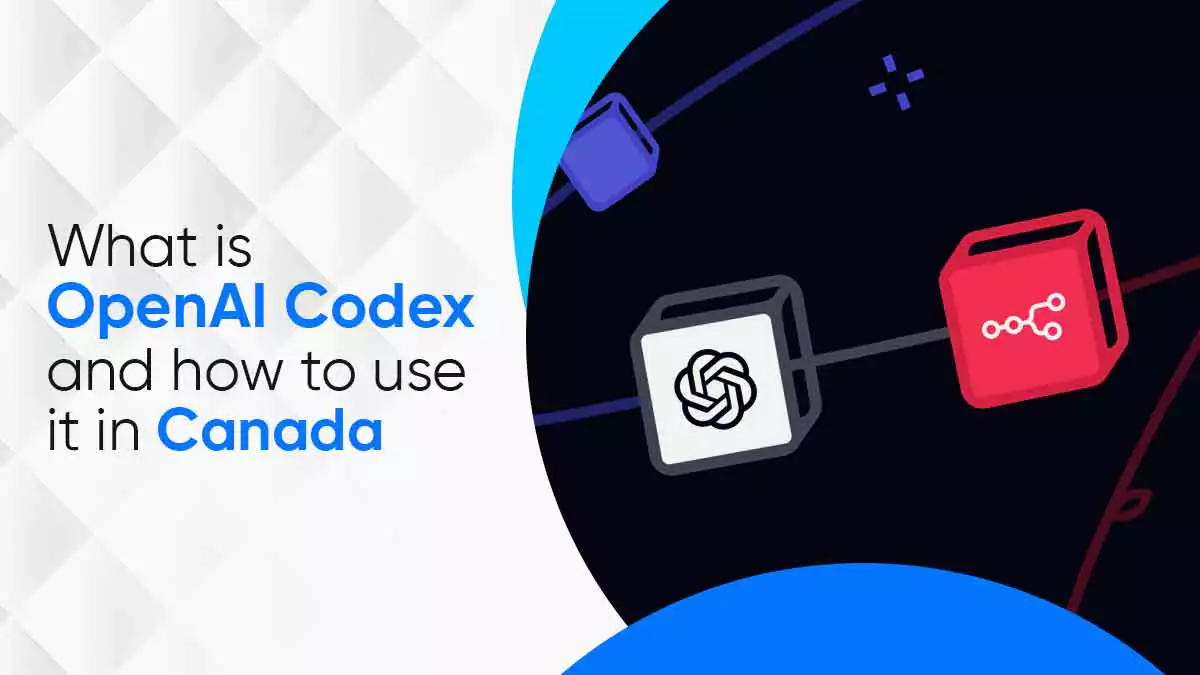


1 comment
Comments are closed.